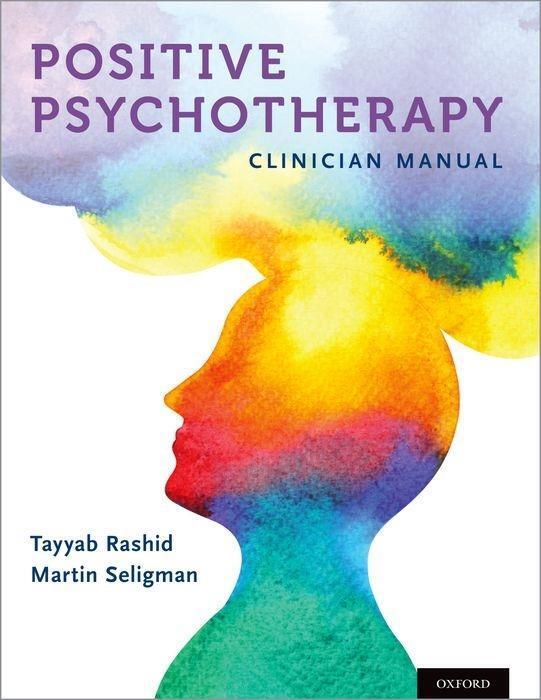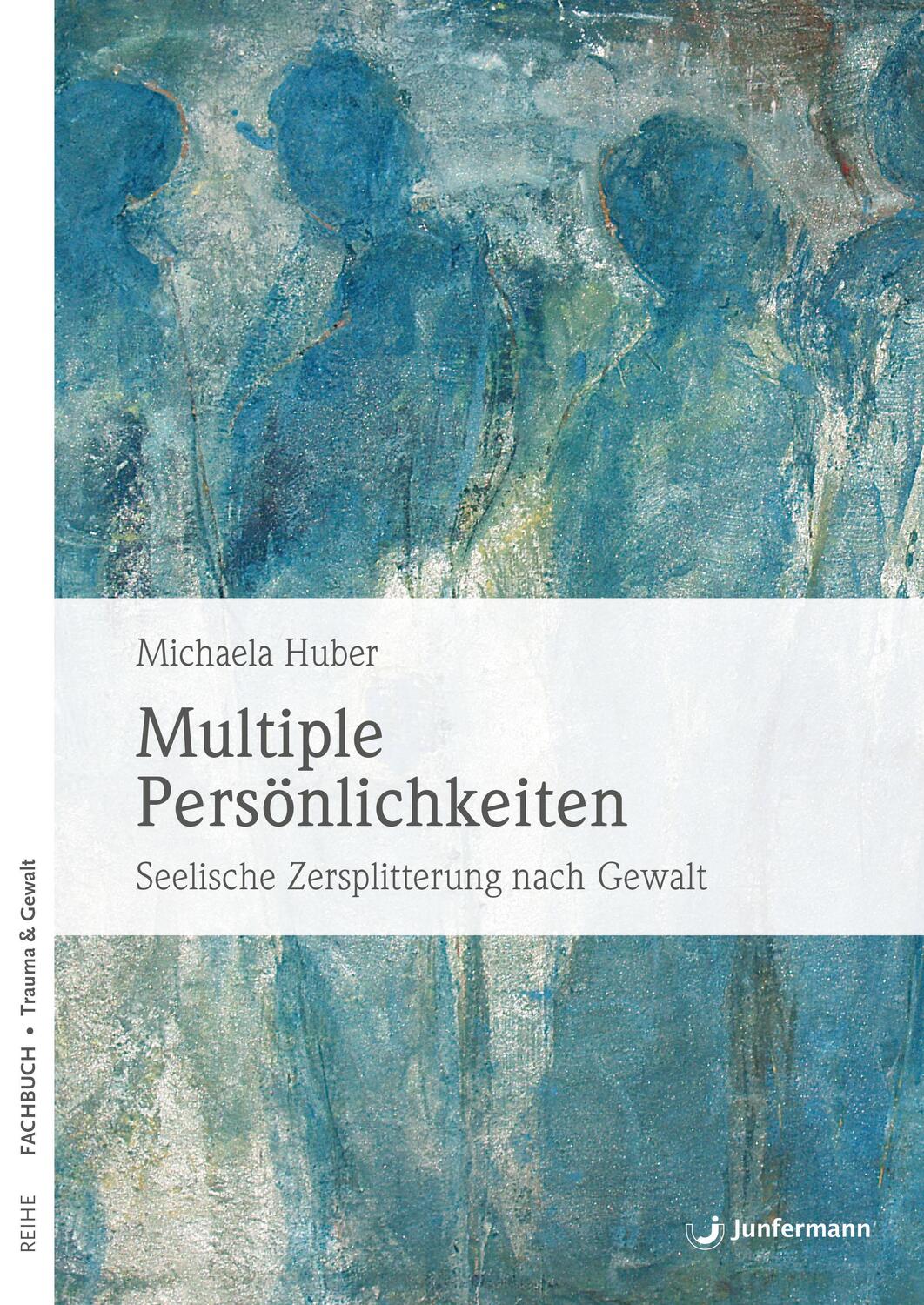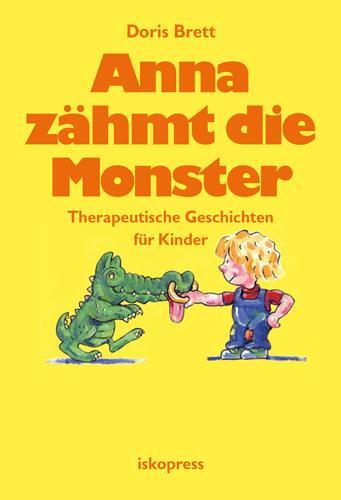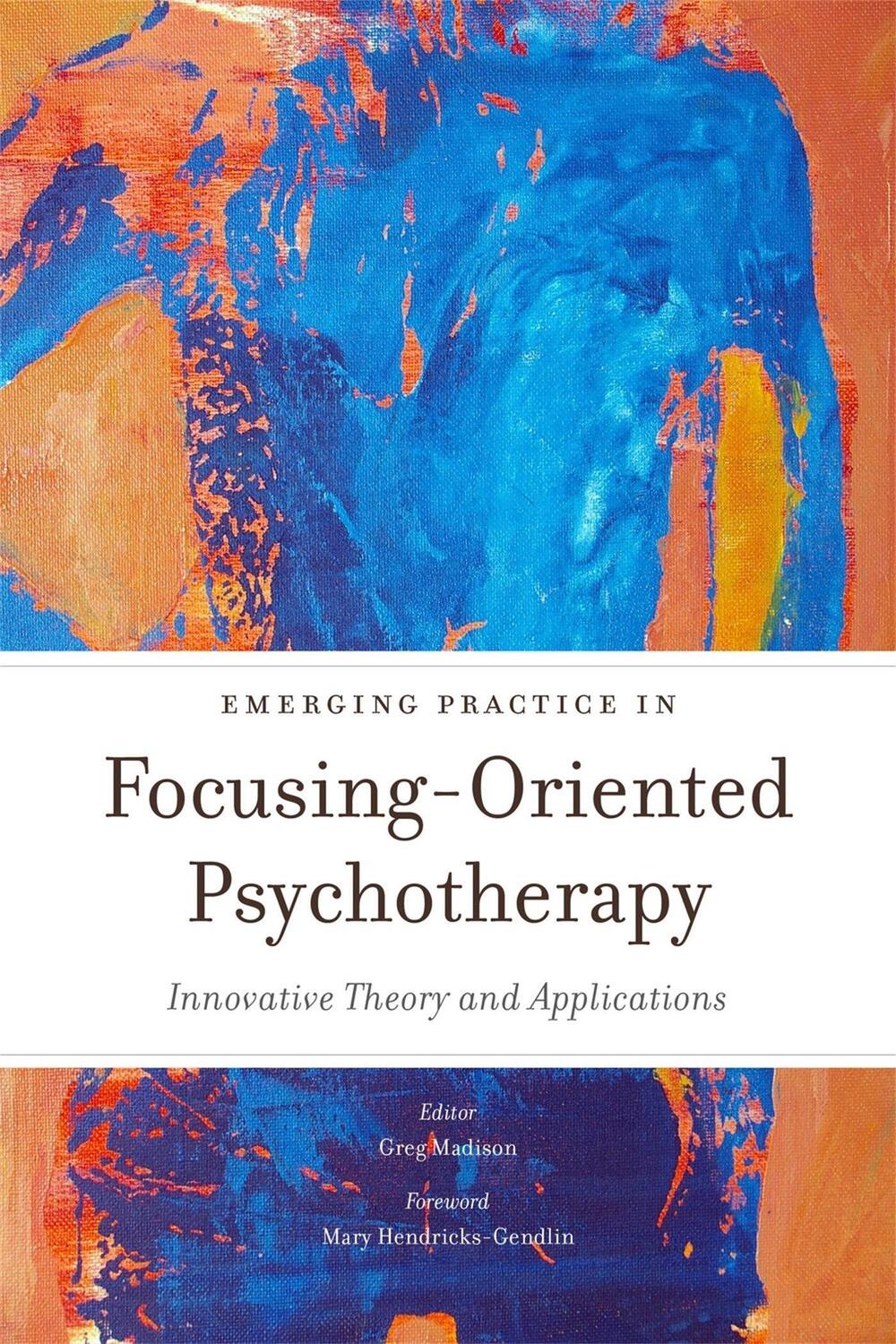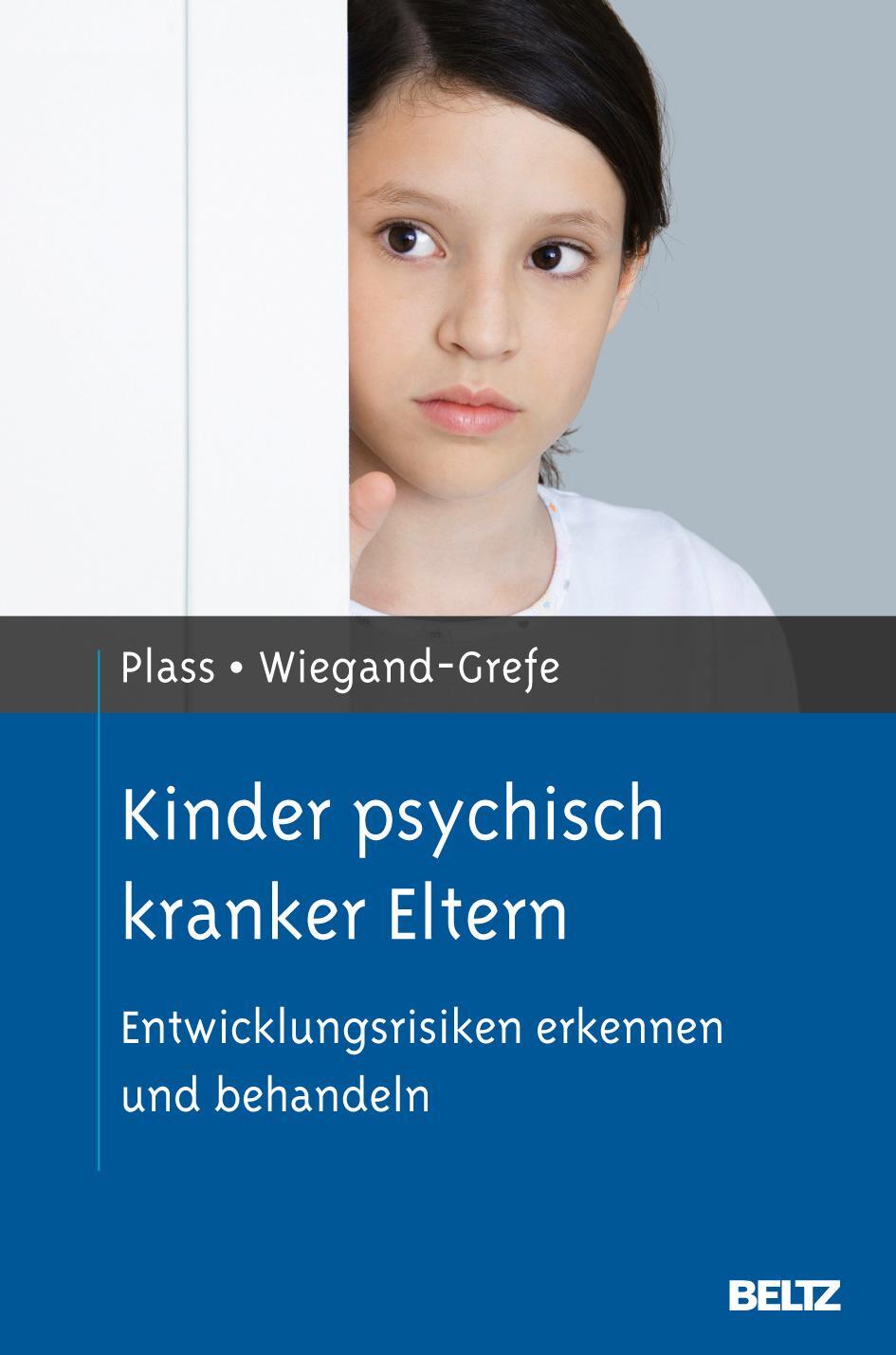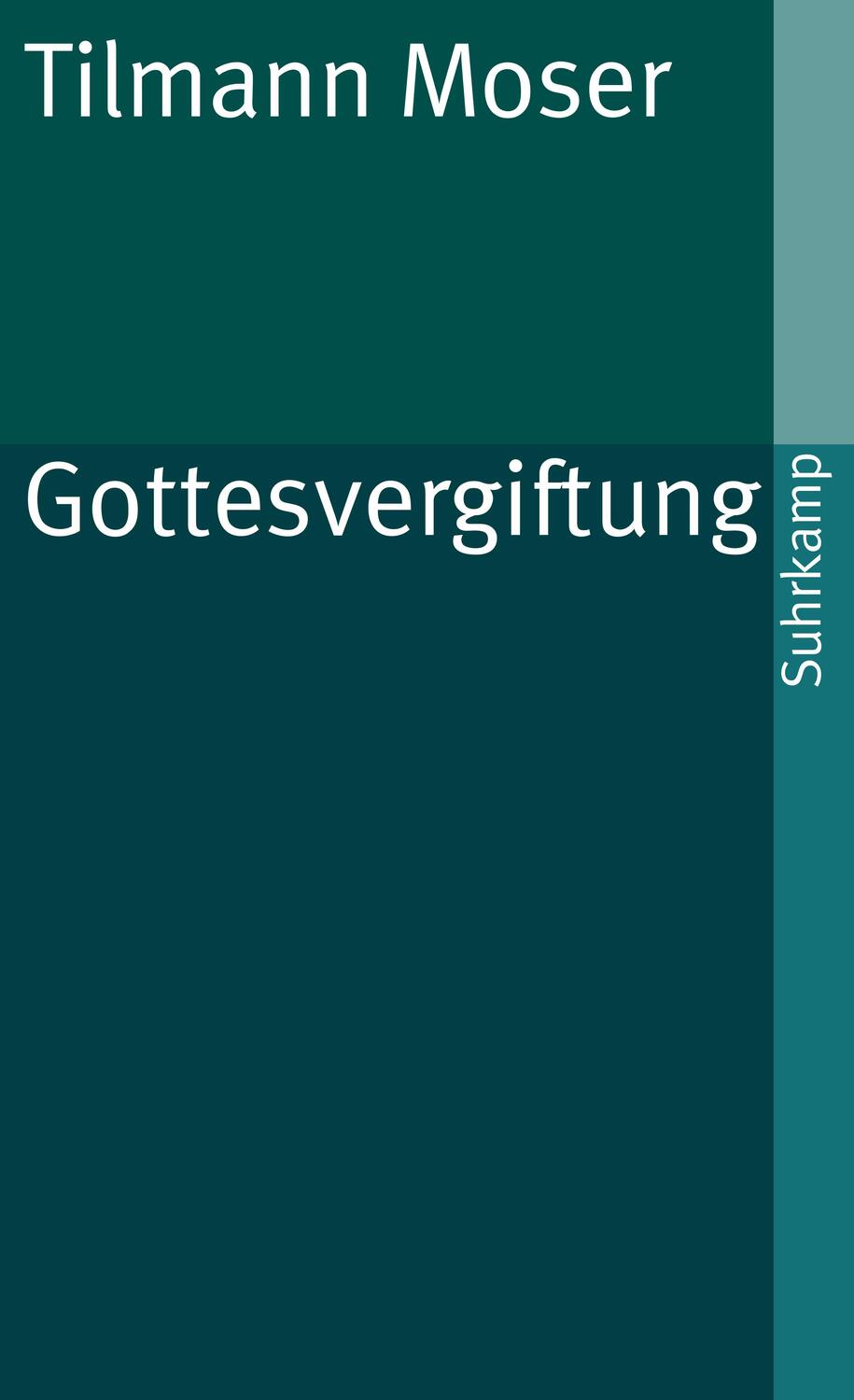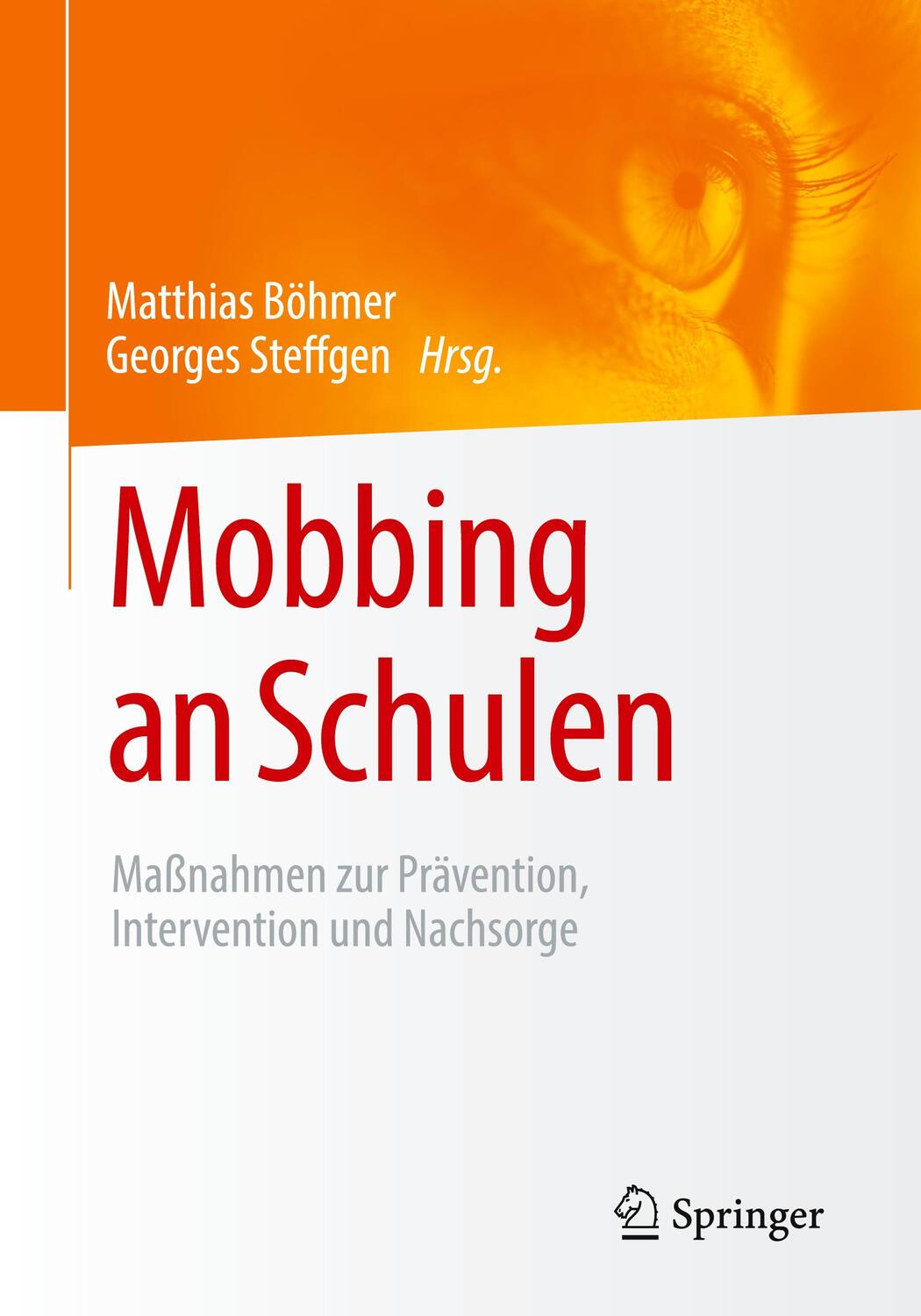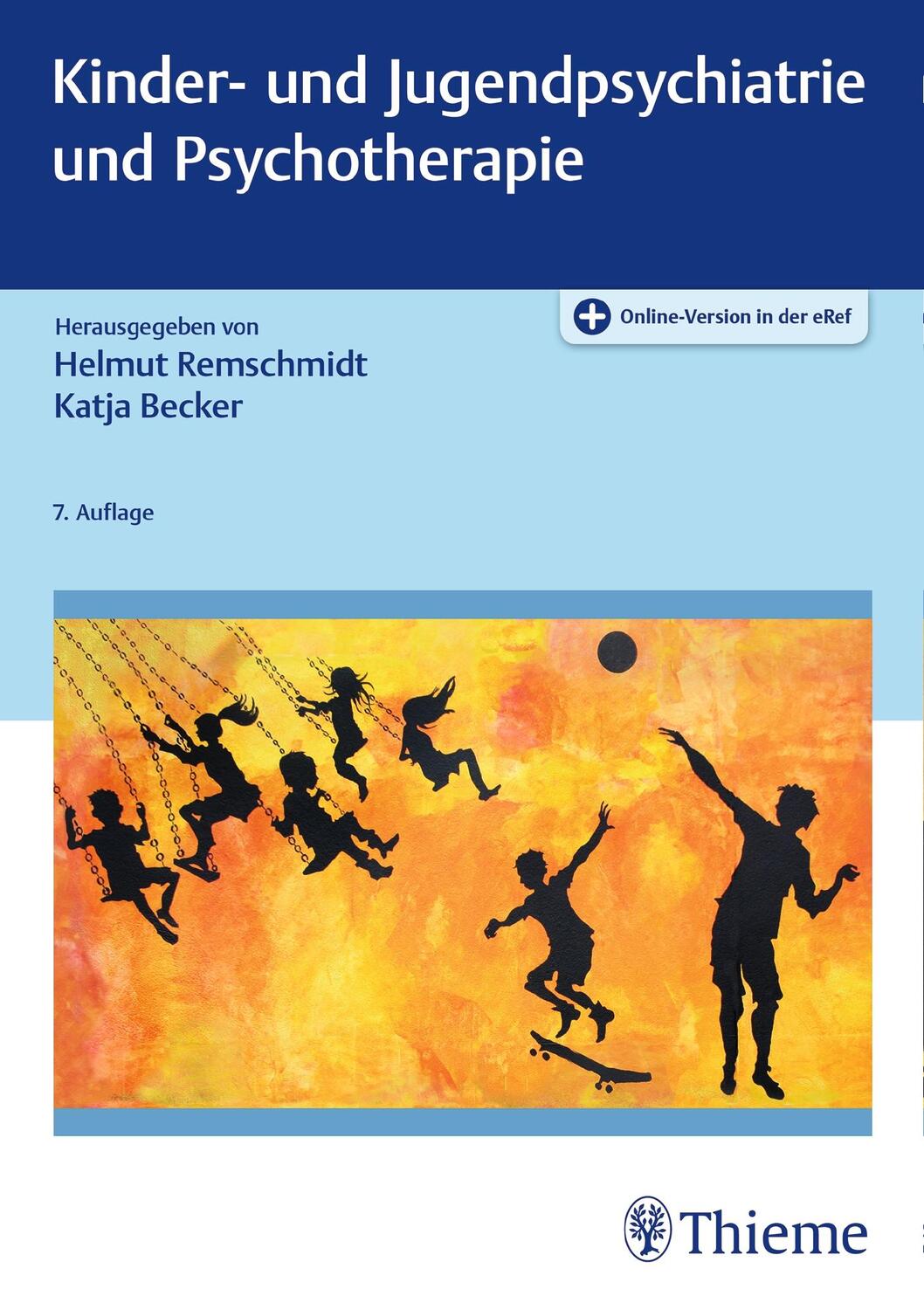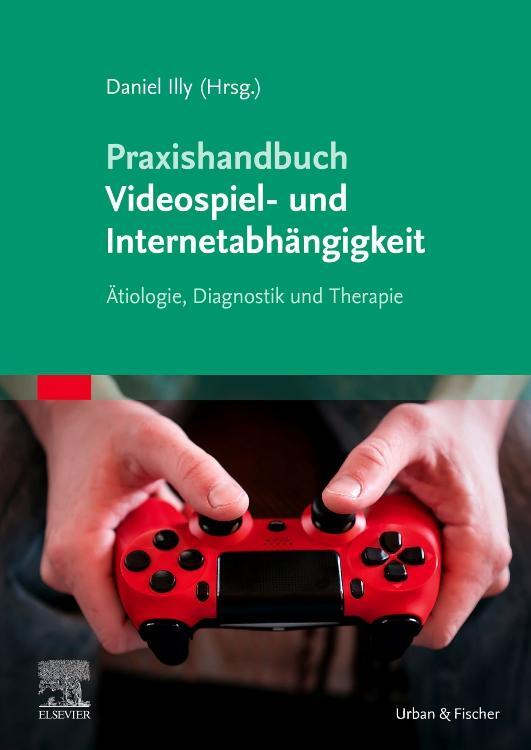Dekorationsartikel gehören nicht zum Leistungsumfang.
Sprache:
Englisch
73,50 €*
Versandkostenfrei per Post / DHL
Aktuell nicht verfügbar
Kategorien:
Beschreibung
Positive Psychotherapy provides therapists with a session-by-session therapeutic approach based on the principles of positive psychology, a burgeoning area of study examining the conditions and processes that enable individuals, communities, and institutions to flourish. This clinician's manual begins with an overview of the theoretical framework for positive psychotherapy, exploring character strengths and positive psychology practices, processes, and mechanisms of change. The second half of the book is contains 15 positive psychotherapy sessions, each complete with core concepts, guidelines, skills, and worksheets for practicing skills learned in session.
Positive Psychotherapy provides therapists with a session-by-session therapeutic approach based on the principles of positive psychology, a burgeoning area of study examining the conditions and processes that enable individuals, communities, and institutions to flourish. This clinician's manual begins with an overview of the theoretical framework for positive psychotherapy, exploring character strengths and positive psychology practices, processes, and mechanisms of change. The second half of the book is contains 15 positive psychotherapy sessions, each complete with core concepts, guidelines, skills, and worksheets for practicing skills learned in session.
Über den Autor
Tayyab Rashid is a licensed clinical psychologist and an associate faculty at the University of Toronto Scarborough, Canada, and has expertise in Positive Psychology interventions, resilience and post-traumatic growth. He is the recipient of the Outstanding Practitioner Award from the International Positive Psychology Association.
Dr. Martin E.P. Seligman is the Director of the Penn Positive Psychology Center and Zellerbach Family Professor of Psychology in the Penn Department of Psychology. He is also Director of the Penn Master of Applied Positive Psychology program (MAPP). He was President of the American Psychological Association in 1998, during which one of his presidential initiatives was the promotion of
Positive Psychology as a field of scientific study. He is a leading authority in the fields of Positive Psychology, resilience, learned helplessness, depression, optimism and pessimism. He is also a recognized authority on interventions that prevent depression, and build strengths and well-being. He has written more than 300 scholarly publications and 25 books.
Dr. Martin E.P. Seligman is the Director of the Penn Positive Psychology Center and Zellerbach Family Professor of Psychology in the Penn Department of Psychology. He is also Director of the Penn Master of Applied Positive Psychology program (MAPP). He was President of the American Psychological Association in 1998, during which one of his presidential initiatives was the promotion of
Positive Psychology as a field of scientific study. He is a leading authority in the fields of Positive Psychology, resilience, learned helplessness, depression, optimism and pessimism. He is also a recognized authority on interventions that prevent depression, and build strengths and well-being. He has written more than 300 scholarly publications and 25 books.
Inhaltsverzeichnis
- PART I
- INTRODUCTION AND THEORETICAL FOUNDATIONS
- CHAPTER 1: Positive Psychotherapy: What Is It and Why Do We Need It?
- CHAPTER 2: Positive Interventions and Theoretical Assumptions
- CHAPTER 3: Psychopathology: Symptoms and Strengths
- CHAPTER 4: The Centrality of Character Strengths and How to Use Them in Positive Psychotherapy
- CHAPTER 5: Positive Psychotherapy: Practice, Process, and Mechanisms of Change
- PART II
- SESSION-BY-SESSION PRACTICE
- Chapter 6: Sessions, Practices, and the Therapeutic Process
- CHAPTER 7: SESSION ONE: Positive Introduction and Gratitude Journal
- CHAPTER 8: SESSION TWO: Character Strengths and Signature Strengths
- CHAPTER 9: SESSION THREE: Practical Wisdom
- CHAPTER 10: SESSION FOUR: A Better Version of Me
- CHAPTER 11: SESSION FIVE: Open and Closed Memories
- CHAPTER 12: SESSION SIX: Forgiveness
- CHAPTER 13: SESSION SEVEN: Maximizing versus Satisficing
- CHAPTER 14: SESSION EIGHT: Gratitude
- CHAPTER 15: SESSION NINE: Hope and Optimism
- CHAPTER 16: SESSION TEN: Post-traumatic Growth (PTG)
- CHAPTER 17: SESSION TEN: Slowness and Savoring
- CHAPTER 18: SESSION TWELVE: Positive Relationships
- CHAPTER 19: SESSION THIRTEEN: Positive Communication
- CHAPTER 20: SESSION FOURTEEN: Altruism
- CHAPTER 21: SESSION FIFTEEN: Meaning and Purpose
- APPENDICES
- A: Relaxation and Mindfulness Practices
- B: Gratitude Journal
- C: Positive Psychotherapy Inventory (PPTI)
- D: Building Your Strengths
- REFERENCES
- INDEX
Details
| Erscheinungsjahr: | 2018 |
|---|---|
| Fachbereich: | Angewandte Psychologie |
| Genre: | Psychologie |
| Rubrik: | Geisteswissenschaften |
| Medium: | Taschenbuch |
| Seiten: | 376 |
| Inhalt: | Kartoniert / Broschiert |
| ISBN-13: | 9780195325386 |
| ISBN-10: | 0195325389 |
| Sprache: | Englisch |
| Einband: | Kartoniert / Broschiert |
| Autor: |
Rashid, Tayyab
P Seligman, Martin |
| Hersteller: | Oxford University Press, USA |
| Maße: | 279 x 217 x 25 mm |
| Von/Mit: | Tayyab Rashid (u. a.) |
| Erscheinungsdatum: | 17.08.2018 |
| Gewicht: | 1,077 kg |
Über den Autor
Tayyab Rashid is a licensed clinical psychologist and an associate faculty at the University of Toronto Scarborough, Canada, and has expertise in Positive Psychology interventions, resilience and post-traumatic growth. He is the recipient of the Outstanding Practitioner Award from the International Positive Psychology Association.
Dr. Martin E.P. Seligman is the Director of the Penn Positive Psychology Center and Zellerbach Family Professor of Psychology in the Penn Department of Psychology. He is also Director of the Penn Master of Applied Positive Psychology program (MAPP). He was President of the American Psychological Association in 1998, during which one of his presidential initiatives was the promotion of
Positive Psychology as a field of scientific study. He is a leading authority in the fields of Positive Psychology, resilience, learned helplessness, depression, optimism and pessimism. He is also a recognized authority on interventions that prevent depression, and build strengths and well-being. He has written more than 300 scholarly publications and 25 books.
Dr. Martin E.P. Seligman is the Director of the Penn Positive Psychology Center and Zellerbach Family Professor of Psychology in the Penn Department of Psychology. He is also Director of the Penn Master of Applied Positive Psychology program (MAPP). He was President of the American Psychological Association in 1998, during which one of his presidential initiatives was the promotion of
Positive Psychology as a field of scientific study. He is a leading authority in the fields of Positive Psychology, resilience, learned helplessness, depression, optimism and pessimism. He is also a recognized authority on interventions that prevent depression, and build strengths and well-being. He has written more than 300 scholarly publications and 25 books.
Inhaltsverzeichnis
- PART I
- INTRODUCTION AND THEORETICAL FOUNDATIONS
- CHAPTER 1: Positive Psychotherapy: What Is It and Why Do We Need It?
- CHAPTER 2: Positive Interventions and Theoretical Assumptions
- CHAPTER 3: Psychopathology: Symptoms and Strengths
- CHAPTER 4: The Centrality of Character Strengths and How to Use Them in Positive Psychotherapy
- CHAPTER 5: Positive Psychotherapy: Practice, Process, and Mechanisms of Change
- PART II
- SESSION-BY-SESSION PRACTICE
- Chapter 6: Sessions, Practices, and the Therapeutic Process
- CHAPTER 7: SESSION ONE: Positive Introduction and Gratitude Journal
- CHAPTER 8: SESSION TWO: Character Strengths and Signature Strengths
- CHAPTER 9: SESSION THREE: Practical Wisdom
- CHAPTER 10: SESSION FOUR: A Better Version of Me
- CHAPTER 11: SESSION FIVE: Open and Closed Memories
- CHAPTER 12: SESSION SIX: Forgiveness
- CHAPTER 13: SESSION SEVEN: Maximizing versus Satisficing
- CHAPTER 14: SESSION EIGHT: Gratitude
- CHAPTER 15: SESSION NINE: Hope and Optimism
- CHAPTER 16: SESSION TEN: Post-traumatic Growth (PTG)
- CHAPTER 17: SESSION TEN: Slowness and Savoring
- CHAPTER 18: SESSION TWELVE: Positive Relationships
- CHAPTER 19: SESSION THIRTEEN: Positive Communication
- CHAPTER 20: SESSION FOURTEEN: Altruism
- CHAPTER 21: SESSION FIFTEEN: Meaning and Purpose
- APPENDICES
- A: Relaxation and Mindfulness Practices
- B: Gratitude Journal
- C: Positive Psychotherapy Inventory (PPTI)
- D: Building Your Strengths
- REFERENCES
- INDEX
Details
| Erscheinungsjahr: | 2018 |
|---|---|
| Fachbereich: | Angewandte Psychologie |
| Genre: | Psychologie |
| Rubrik: | Geisteswissenschaften |
| Medium: | Taschenbuch |
| Seiten: | 376 |
| Inhalt: | Kartoniert / Broschiert |
| ISBN-13: | 9780195325386 |
| ISBN-10: | 0195325389 |
| Sprache: | Englisch |
| Einband: | Kartoniert / Broschiert |
| Autor: |
Rashid, Tayyab
P Seligman, Martin |
| Hersteller: | Oxford University Press, USA |
| Maße: | 279 x 217 x 25 mm |
| Von/Mit: | Tayyab Rashid (u. a.) |
| Erscheinungsdatum: | 17.08.2018 |
| Gewicht: | 1,077 kg |
Warnhinweis

